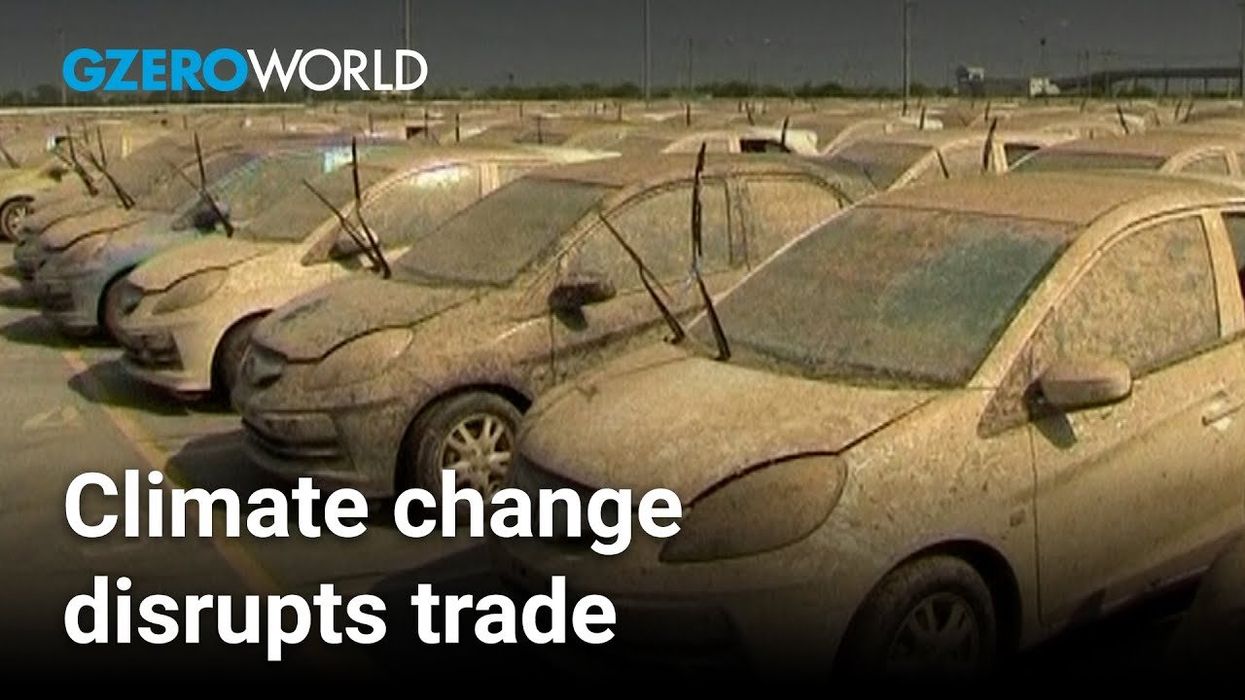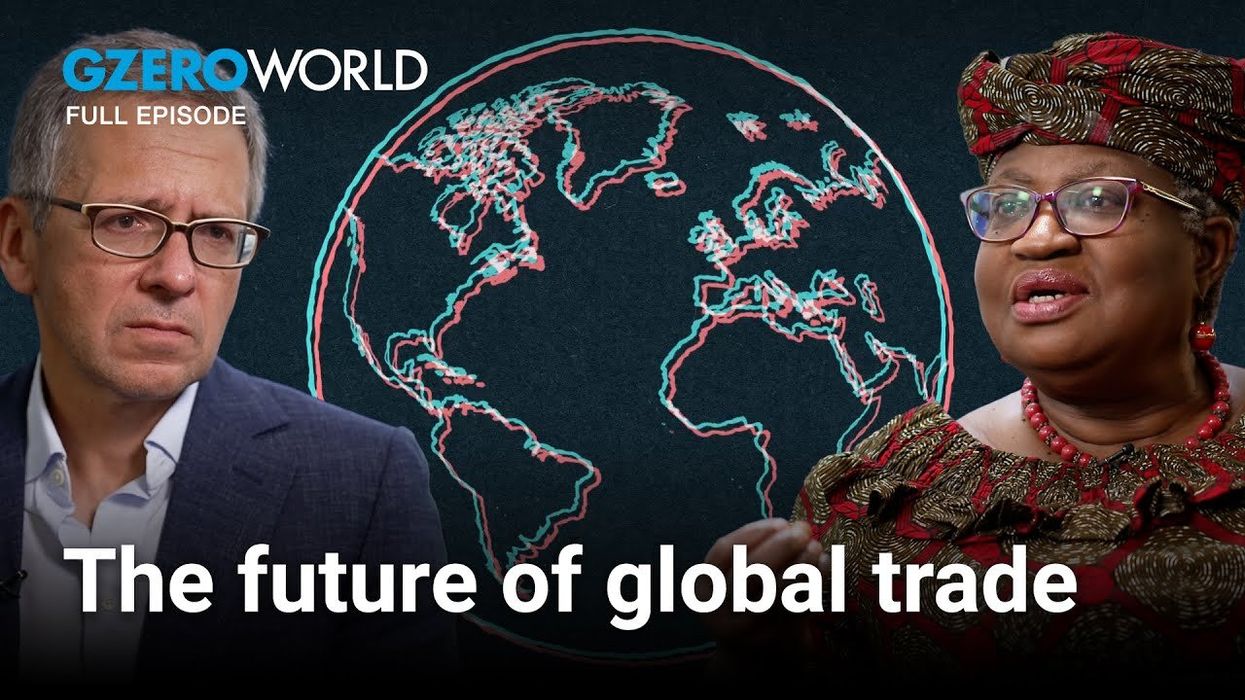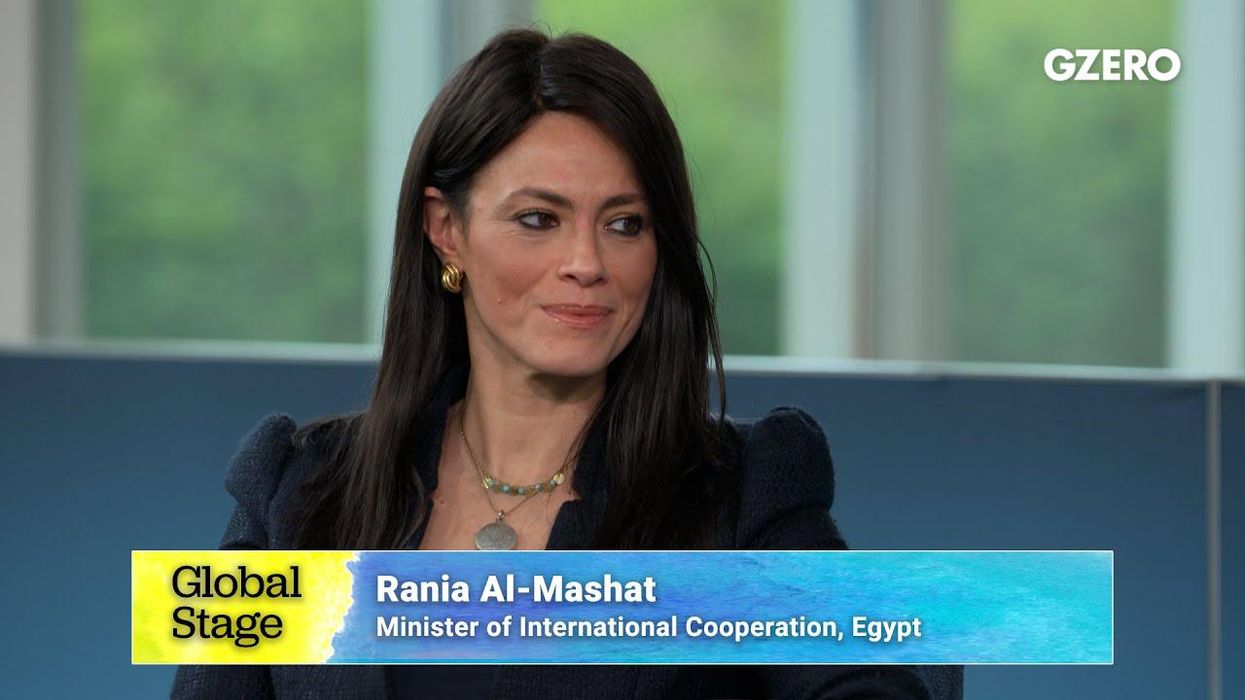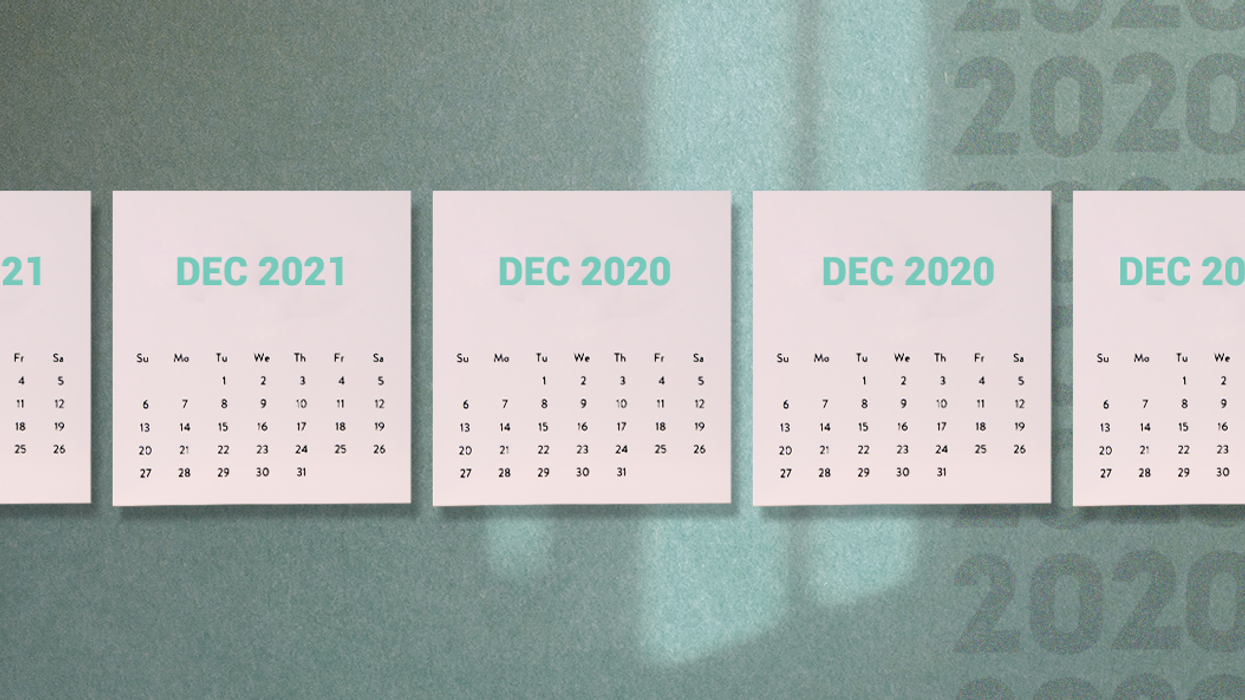GZERO World Clips
Climate change is "wreaking havoc" on supply chains
Climate change is disrupting industries around the world, and that has a major impact on global trade. On GZERO World with Ian Bremmer, WTO Director-General Ngozi Okonjo-Iweala lays out the case for diversifying and decentralizing production around the world to build resiliency and reduce risk in global supply chains.
Oct 04, 2023










